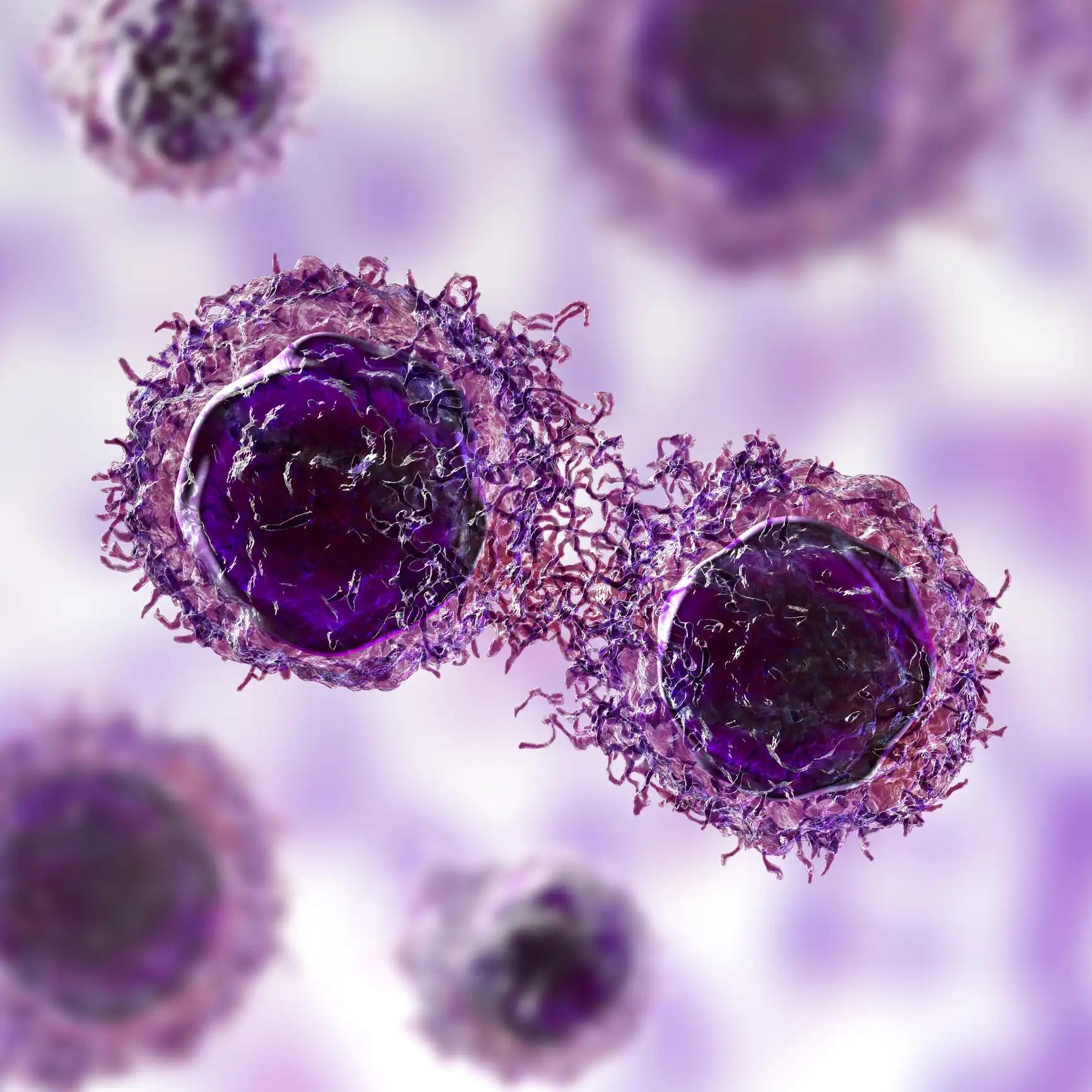KEY TAKEAWAYS
- The phase 2 trial aimed to provide comprehensive safety data from the INSIGHT 2 study with extensive follow-up.
- Tepotinib + osimertinib showed good tolerability in EGFRm NSCLC with METamp after osimertinib progression, with manageable side effects.
The INSIGHT 2 (NCT03940703) study revealed promising clinical activity in patients with EGFRm non-small cell lung cancer (NSCLC) and METamp progressing on first-line osimertinib.
Xiuning Le and the team conducted a study that aimed to present thorough safety data from the INSIGHT 2 study in patients with ≥9 months of follow-up (data-cut: March 28, 2023).
Participants received 500 mg of tepotinib (450 mg active moiety) alongside 80 mg of osimertinib once daily until disease progression, intolerable toxicity, or withdrawal of consent. To address adverse events (AEs), either drug could be dose-reduced; however, if discontinuation of one drug was necessary, both drugs were halted.
The results revealed that among 128 patients who received tepotinib + osimertinib (median age: 61.5 years; female: 57.8%; Eastern Cooperative Oncology Group Performance Status [ECOG PS] 1: 72.7%), the median treatment duration was 24 weeks (range: 0–109).
Treatment-related adverse events (TRAEs), graded by National Cancer Institute Common Terminology Criteria for Adverse Events (NCI-CTCAE) v5.0, occurred in 113 patients (88.3%; Grade ≥3: 34.4%).
The most common TRAEs were diarrhea in 63 patients (49.2%; Grade ≥3: 0.8%) and peripheral edema in 52 (40.6%; Grade ≥3: 4.7%). AEs of clinical interest of any grade included edema (composite term including peripheral edema and other types) in 69 patients (53.9%), rash in 34 (26.6%), QT prolongation in 12 (9.4%), interstitial lung disease in 10 (7.8%), pleural effusion in nine (7.0%), renal failure in 7 (5.5%), and severe hepatotoxicity in 1 (0.8%).
The median time to onset for edema was 9.7 weeks (range: 0.3–66.1). Among those experiencing edema, 8 patients (6.3%) had a dose reduction of tepotinib, and 3 (2.3%) discontinued treatment to manage it.
The study concluded that tepotinib + osimertinib demonstrated overall good tolerability in patients with EGFRm NSCLC with METamp progressing on first-line osimertinib. Most AEs were deemed manageable through dose reduction of tepotinib and/or osimertinib.
The trial was sponsored by the EMD Serono Research & Development Institute, Inc.
Source: https://ons.confex.com/ons/2024/meetingapp.cgi/Paper/14562
Clinical Trial: https://clinicaltrials.gov/study/NCT03940703
Le X, Hamm J, Deligo JT, et al. (2024) “Safety of tepotinib + osimertinib in epidermal growth factor receptor (EGFR)-mutant non-small cell lung cancer (NSCLC) with mesenchymal–epithelial transition (MET) amplification following first-line osimertinib: INSIGHT 2 primary analysis.” Presented at ONS 2024 (I16)



